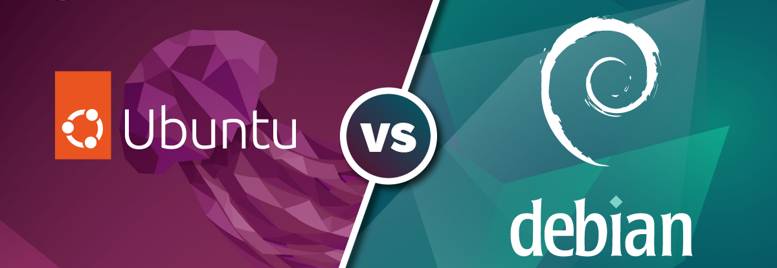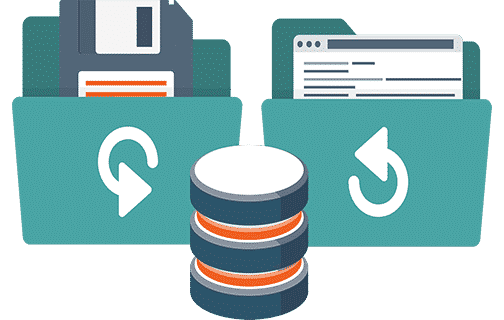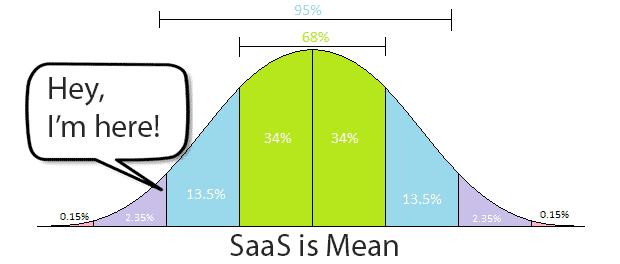I’ve been using Ubuntu for years, both as a Linux enthusiast first and then as a professional Systems Administrator.
Ubuntu is still, in my opinion, the sweeter, newbie friendly, Linux distro available, if you are new to Linux or thinking on moving to Linux, start with Ubuntu, it works with the latest hardware, it does not break easily, and the UI is simple, likeable, easy to get used to and, if you use your computer for simple things, it might even boost your productivity, as compared with other OSs.
Last but definitely not least, if you need help with your Linux OS, the Ubuntu community is probably where you will get the most free and friendly help, the Ubuntu user community is helpful, friendly and newbie accommodating, a value rarely taken into account when choosing an OS that I think is of uttermost importance.
However, those are not my needs, not anymore…
I barely require help with my OS, and when I do, the solutions I need are rarely found in generic help forums around the Internet.
I rarely use this year’s hardware, in fact, I like using older, more reliable hardware, especially for my servers. Hence, the advantage of having up to this week “drivers” like you would expect from an Arch distribution or even up to this month, like you would expect from Ubuntu, is of no use to me anymore.
What I need is maximum stability, I need an OS for my servers that does not change that often, or even not at all!
I do not need new fancy products, I do not need unreliable packages or dependency conflicts, and sadly, there’s been a bit of that on the Ubuntu side.
Debian, on the other hand, has been flourishing lately. Changes in their view of the world and changes in what is acceptable in a FOSS OS are bringing a, in my opinion, much needed, breath of fresh air.
I always liked the ideas behind Debian, however, because of a mix of my own limitations, fears and the harshness (in the past) of the Debian environment and community, every time I tried to “convert to Debianism” I either failed, or was nudged away…
Not anymore! a few months ago, Debian 12 was launched and as always, I tried it on my desktop computer, to my surprise, not only it wasn’t obtuse and hard to install, it even allowed me to use proprietary drivers for my hardware, most of all, I didn’t have to browse countless pages to try to find the right version for my needs! It was all there, one installer for everyone, Amazing!!! XD
That was going better than ever before, so I decided to keep it for a while, and to my surprise, it included the latest version of KDE, not a 2 year old version, not the version from last year, the most current version, can you believe it?
Jokes aside, Debian 12 delivered incredible stability, a current KDE desktop and yes, when I hit some problem, it takes me a bit more time to find answers than it did with Ubuntu, but it is well wort it.
The experience was, and is still so great, that I started playing with Debian 12 on the server side, and I already knew this, the server is where Debian shines the brighter, stability is the most priced commodity and Debian delivers in troves, yes it has its quirks, like any other OS, yes, Debian is quirkier than Ubuntu, but I’m loving it.
The last straw has been the direction Canonical is taking lately, which is perfectly OK, but it does not meet my own direction, it’s not even a change, they haven’t changed directions, they just keep going where they always did, me, on the other hand, I am changing directions, towards more of a “Stallmanist” view of FOSS, hence, Debian makes a lot of sense to me, not only from a practical standpoint, but also from a philosophical point of view.
I really enjoyed using Ubuntu for years, but of Debian, I am proud, and I feel a sense of purpose, I feel like I belong.
All in all, Ubuntu tends to be more “ready-to-go” out of the box, the installation process is a great example of this. Debian tends to require some polishing to get what you want, however, in my experience, Debian pays you back with better reliability after you put in the effort, and the amount of extra effort, was greatly cut down with non-free being default for Debian 12.
Other than that, they’re fairly similar. You trade the annoyance of Ubuntu’s snaps for the non-bleeding-edge packages of Debian. Firefox ESR instead of current, is a great example, but there are workarounds if that is annoying to you, such as grabbing packages from testing, using third-party repos, using Debian testing altogether etc…
As long as you keep in mind you’ll need to tune it just a tad to get what you’re looking for, it is a fantastic distribution, and certainly more predictable than Ubuntu.
So, if you follow this blog, or if you are a client of mine, expect a lot of Debian going forward. Everything related to Mautic 4 will stay on Ubuntu, LXC and LXD, but I’ll be running everything related to Mautic 5 on Debian and Docker. I started a few months ago preparing for the next generation of tooling, and it will be ready just in time.
And if you are also moving to Debian or considering the move, check this amazing resource that has helped me in many occasions and saved me quite a fe hours of frustration:
https://wiki.debian.org/Debian_Systems_Administration_for_non-Debian_SysAdmins
Here’s a good excerpt from that page, to help you decide if Debian is what you need:
Debian Pros “vs.” Cons
| Feature/Consideration | Debian Pros | Debian “Cons” |
| quality | very high | What, you want more bugs to troubleshoot/fix? |
| software | as of 2023-06-10, a total count of 64,419 packages, lots of options, mostly not forced by someone else’s choices | Can’t have everything installed at same time (e.g. some packages conflict), lots of choices |
| stability | stable is highly stable, lack of leading/bleeding edge bugs | lack of leading/bleeding edge features, full support “only” about 3+ years |
| governance/control | Democratic/Meritocracy by Debian Developers, no (benevolent?) dictator/overlord/CEO to change all | no (benevolent?) dictator/overlord/CEO to change all |
| installed base | more Linux distros are Debian or based upon Debian than any other existing | can’t brag about your special snowflake boutique distro |
| flexible | broad package selection & architecture support suitable to wide variety of use cases | not highly optimized to certain specific edge cases |
| company / commercial entity? | not – can’t be bought/sold, always free, can’t be bought out | can’t buy it out |
| Debian support | excellent & free | Internet-only, no toll-free number, volunteers, not much hand-holding, no babysitting nor butt kissing |
| support lifecycle length | about 3+ years, LTS to about 5, more with ELTS | exact end dates not highly predictable long in advance, LTS supports less, ELTS even less |
| most recent software / “rolling” release | stable+backports, testing, unstable | full support limited to stable (and oldstable for while), not Debian’s primary focus/recommendation |
| freedom/free | Absolutely! Social Contract & DFSG | Don’t get non-free by default, but can be added |
| easily know/determine software free/freedom | Absolutely! non-free not enabled by default | non-free not enabled by default |
| highly predictable release schedule | kind’a – freezes have schedule, releases projected, releases happen when darn good and ready | releases don’t come out like clockwork per some highly predictable schedule well in advance |
| 3rd party support | available | mostly not highly commonly used nor large, generally not free |
| 3rd party / non-Debian software | can be installed/managed (e.g. via alien) | not as purpose-built for or as commonly used for installing lots of 3rd party software |
My name is Yosu Cadilla, a Systems Analyst and Platform Engineer for mktg.dev
I discovered Mautic in 2017 and since have specialized in:
– Running Mautic for Marketing Agencies.
– Running large Mautic instances, sometimes with millions of contacts.
– Helping companies build and optimize their (usually Mautic) runtime infrastructure.
If you are planning on deploying Mautic for your Marketing Agency, or you have a large Mautic Instance…
Let’s have a chat! yosu.cadilla@gmail.com



